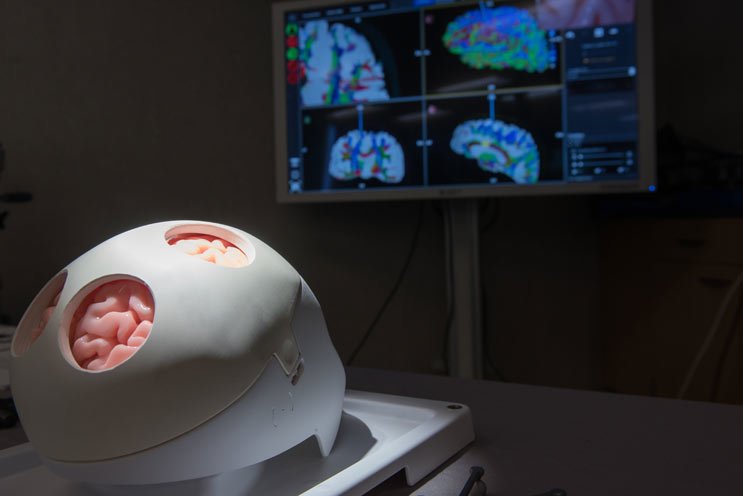Cancer Research for Professionals
Find out more about our researchers, their interests and how to get involved.
Any cancer diagnosis can be overwhelming. If you’ve been diagnosed with a head or neck tumor, you want to know you’re receiving the best available care. The Head and Neck Cancer Program at Henry Ford Health is among the top programs in the country. Through our clinical trials and other research, our specialists have helped to pioneer advanced procedures and other therapies as well as improve outcomes.
Our head and neck research program is a collaboration between doctors, clinician-scientists and PhD researchers who specialize and prioritize research. As a result, our doctors integrate head and neck cancer research into the care we provide you.
We follow a patient-centered approach in all of our head and neck cancer research. This includes our Patient Advisory Council, a resource that we use to ensure we are focusing on areas past survival. We understand that you also worry about side effects, time off work, quality of life over time and your ability to care for your family. Ultimately, listening to the “patient voice,” helps us determine what matters most to you and improve both our research and cancer care.
We also participate in a 10-institution, collaborative group in the Cancer Research Network. This offers medical information for a large group of ethnically, racially and geographically diverse group of patients who have head and neck cancer. Ultimately, this helps us to advance the understanding of head and neck cancer treatment in a wide variety of patients.
The latest head and neck tumor clinical trials and other research
At any time, we offer around 15 clinical trials for head and neck cancer as well as other research studies that increase our understanding of head and neck cancer. While the specific trials and studies we offer change over time, they focus on several core areas:
Collectively, these efforts help us to develop effective ways to detect, diagnose and treat head and neck tumors and related conditions, advancing the level of care for all of our patients.

Find out more about our researchers, their interests and how to get involved.
When you participate in a clinical trial, you’re getting access to the latest experimental therapies available. These voluntary head and neck cancer research studies help to test the safety and effectiveness of emerging treatments, which may include:
Other clinical trials focus on improving outcomes and quality of life for people who have a head or neck tumor. Ultimately, the knowledge gained from this type of cancer research helps to develop new standards of care beneficial to all patients.
All clinical trials conducted in the United States must adhere to a strict, predetermined protocol and must be approved and monitored by an Institutional Review Board (IRB) composed of physicians, scientists, statisticians and laypeople who are responsible for ensuring that any risks are minimal relative to the potential benefits of the study. Learn more about how cancer clinical trials work.
We use cookies to improve your website experience. By using this site, you agree to our Terms of Use. Read our Internet Privacy Statement to learn what information we collect and how we use it.